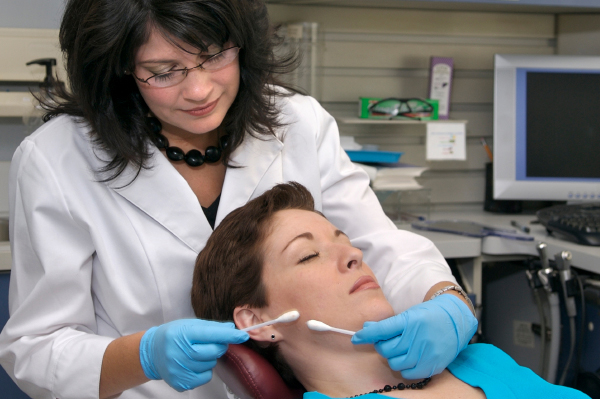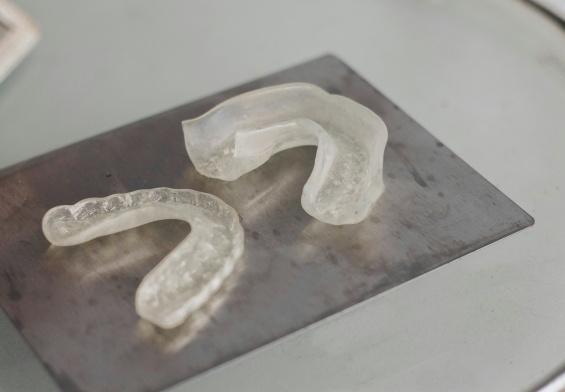
As we journey through the different stages of life, our body undergoes numerous transformations, and our skin is no exception. It tells the story of our years, experiences, and even our health. For the elderly, skin care becomes more than a routine; it’s a crucial aspect of their overall well-being. This is especially true when addressing conditions like acne, which are often mistakenly believed to only affect the younger population. However, acne can persist or emerge in later years, presenting unique challenges in the context of elder care.
In this guide, we delve into the nuances of managing acne in the elderly, a topic that intertwines with broader issues such as in-home care, dementia, and the role of caregivers. Our aim is to provide a holistic approach that respects the delicate nature of elderly skin while addressing the specific needs of those under elder care. We recognize that each wrinkle tells a story and each spot deserves attention, ensuring that our elderly loved ones not only look their best but also feel their best, embodying dignity and comfort in their golden years.
Understanding Skin Changes in the Elderly
The skin of older adults is characteristically different from that of younger individuals. It becomes thinner, less elastic, and more prone to dryness and irritation. These changes necessitate a gentle approach to skin care, particularly when dealing with acne, which can still be a concern for many seniors.
Daily Washing Habits for Sensitive Elderly Skin
- Gentle Cleansing: For elderly individuals, especially those with acne, gentle cleansing is crucial. Use mild, non-irritating cleansers twice a day, avoiding products with harsh chemicals or fragrances that can aggravate sensitive skin.
- Lukewarm Water: Hot water can strip the skin of its natural oils, leading to dryness. Use lukewarm water for cleansing, which is soothing for sensitive elderly skin.
- Soft Application: For those with arthritis or limited mobility, caregivers can assist with gentle application of cleansers using soft, non-abrasive materials.
The Role of Nutrition in Elderly Skin Health
A balanced diet rich in antioxidants, vitamins, and minerals is vital for maintaining healthy skin in the elderly. Caregivers should ensure a diet that includes:
- Fruits and Vegetables: High in antioxidants, they help combat skin aging and may aid in acne management.
- Whole Grains and Lean Proteins: These provide essential nutrients for skin repair and maintenance.
- Hydration: Adequate water intake is crucial for keeping elderly skin hydrated and healthy.
Managing Acne in the Context of Elderly Care
- Non-Comedogenic Products: Use skincare products labeled as ‘non-comedogenic’, which are less likely to clog pores and cause acne.
- Avoid Over-Washing: Over-washing can lead to skin irritation. Stick to washing the face twice a day, and after sweating, to manage acne without harming the skin.
- Sun Protection: Elderly skin is more susceptible to sun damage. A broad-spectrum sunscreen is essential, even for those spending most of their time indoors.
Special Considerations for Dementia Patients
Patients with dementia may face challenges in communicating their discomfort or adhering to a skincare routine. Dementia care should involve:
- Monitor Skin Regularly: Check for any signs of irritation, dryness, or acne, and adjust the skincare routine accordingly.
- Simplify the Routine: Keep the skincare routine simple and consistent to avoid confusion and ensure ease of application.
The Role of Caregivers in Elderly Skin Care
Caregivers play a pivotal role in maintaining the skin health of the elderly. They should be trained to:
- Identify Skin Issues: Recognize signs of acne, irritation, or other skin problems.
- Gentle Handling: Understand the importance of gentle skin handling and the application of products.
- Educate and Communicate: Educate elderly clients about skin care and communicate any concerns to family members or healthcare professionals.
When to Seek Professional Help
If acne or other skin issues persist or worsen, it’s important to consult a dermatologist. They can provide tailored advice and treatment options suitable for elderly skin, taking into account any other health conditions.
Conclusion
In conclusion, navigating the landscape of specialized elderly care, particularly when managing conditions like acne, is a journey of balance, understanding, and compassion. It’s about recognizing that the largest organ of our body, the skin, requires as much care and attention in our later years as it does when we are young. For caregivers and in-home care professionals, this journey is not just about applying creams or recommending diets; it’s about enhancing the quality of life for the elderly, offering them the dignity and care they deserve.
As we wrap up this comprehensive guide, let’s remember that each elderly individual’s skin is a canvas that reflects their life’s journey. It’s our responsibility and privilege to care for this canvas with the utmost respect and expertise. Whether it’s through gentle cleansing, nutrition, or professional consultations, every action we take contributes to the overall well-being of our elderly loved ones. In doing so, we don’t just treat their skin; we touch their lives, bringing comfort, health, and happiness in their golden years.



